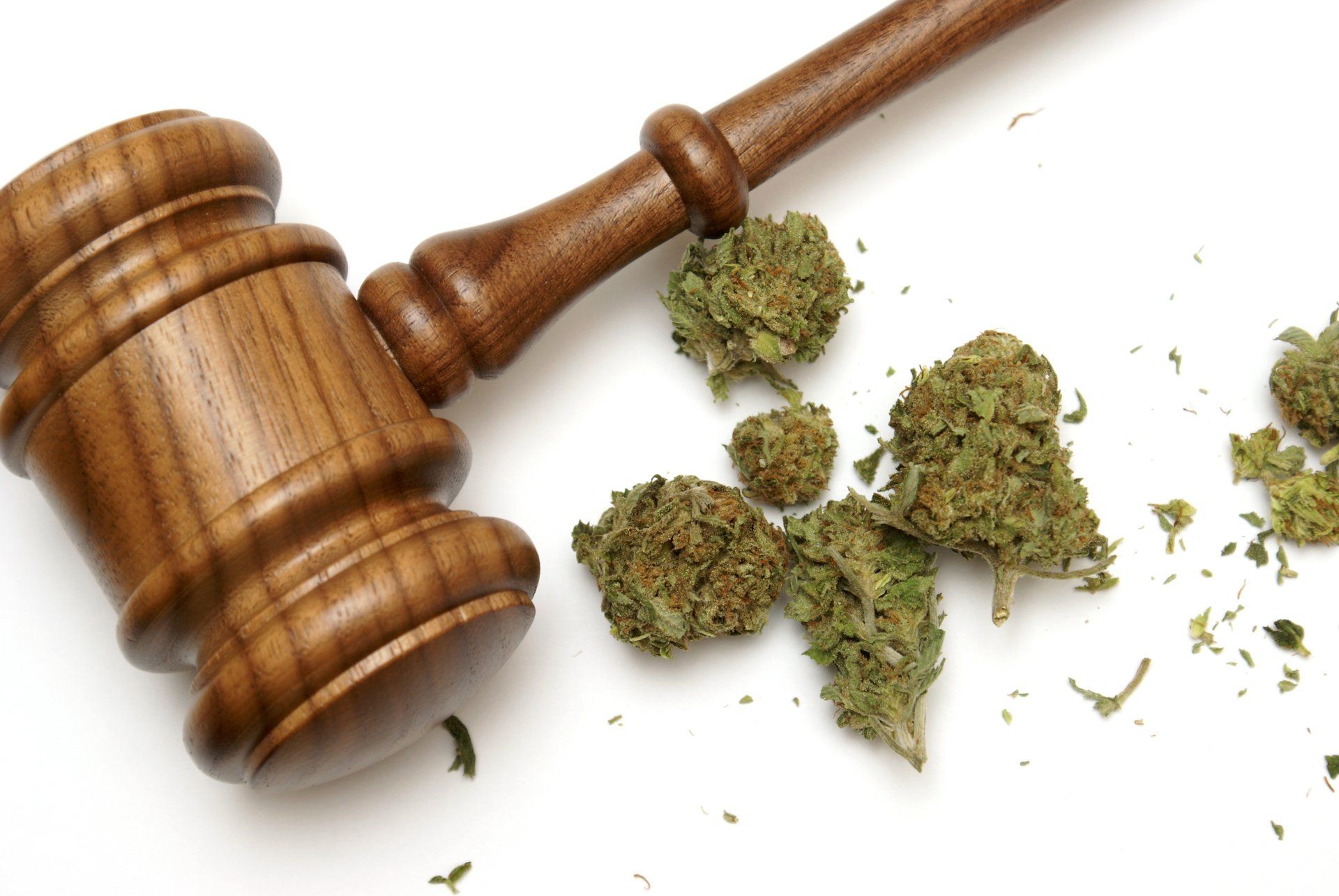Sentencing Reform For Drug Offenses
- By Antonio Quinn
- •
- 16 Oct, 2015
Florida should follow the lead of the federal government

Approximately 1 in 100 of America's citizens are currently incarcerated. (Pew Center on the States) There are 2.3 million people incarcerated in this country which is the most of any country in the world. Over the next several days the federal government will release 6,000 prisoners who have are incarcerated for drug offenses ahead of their release dates. 1,200 of those prisoners are from Florida. CNN The federal government has finally acknowledged the reality that long mandatory minimum sentences for non-violent drug crimes has done far more harm than good in American society. Far more lives have been destroyed and far more families have been broken by harsh sentences for drug offenses than have been damaged by the use of the drugs themselves. Violent crime has risen amongst those involved in the drug trade because being arrested for a drug offense in America can mean the end of a person's life as they know it. It follows that individuals are more willing to use force or even commit murder in order to prevent their own arrest for a drug offense than they would be if they were facing a punishment more proportional to the offense. This endangers those involved in the drug trade as well as law enforcement and the public at large. For many years the "War on Drugs" which took shape in the 1980s led legislators to pass stricter and harsher sentences for drug related offenses throughout the United States. Politicians, eager to be known as "tough on crime" have been successful running on platforms which have promised harsher penalties for drug offenders for the last 30 or so years. Earlier this year the United States Sentencing Commission announced a reduction in the penalties for most major drug crimes. Despite this positive development the Federal Bureau of Prisons reports that 48.4% of the population of federal prisoners are currently incarcerated for drug offenses. This accounts for a total of close to 94,000 people who are imprisoned in the United States for drug crimes.
Florida has very strict mandatory minimum sentencing guidelines for drug offenses and it is certainly not a coincidence that Florida currently ranks 3rd in the country in terms of the rate of incarceration of the state's population, coming in behind only California and Texas. In my own practice I have observed that harsh sentencing does not serve any deterrent function because most individuals who are arrested for drug crimes are completely unaware of the sentence for the crime that they are accused of and are often quire shocked to discover that they could be facing a mandatory minimum sentence of 15 years in state prison for possession of a bottle of pills. Statistics provided by the Sentencing Project indicate that Florida incarcerates its citizens at a rate of 557 per 100,000 people which is 25% higher than the national average. What is particularly disturbing is that the Sentencing Project also found that in the 20 year period between 1988 and 2008 that the number of people incarcerated in Florida prisons tripled going from 33,681 to 98,192 and that 20% of those currently in prison in Florida are incarcerated for a drug crime.
The treatment community has addressed addiction problems as a disease for decades. Harsh sentences for drug offenses will not deter a person who is addicted to drugs from using them. Instead sentencing a person who may have had a treatable addiction to a lengthy prison term will subject them to many violent criminals who are housed in the same facilities and then thrust them back out into the world labelled as a "convicted felon" which often makes finding employment which provides for a livable income virtually impossible. A fundamental problem with the justice system in this country is the fact that when a person is convicted of a crime, they are labelled a criminal forever and are often forced to turn back to crime in order to provide for themselves and their families. This cycle is a needless waste of life and money as it costs almost 30,000 a year to keep someone in prison in the federal system. (CNN) The National Association of Drug Court Professionals (NADCP) reported that for every $1.00 which a states spends on a drug court program that they save the taxpayers an average of $3.36 in criminal justice costs alone and further 75% of those who completed a drug court program remained arrest free for 2 years following graduation.
Because of South Florida's history as a port destination for drug importation from South America, the Florida legislature passed very strict sentencing guidelines for many drug offenses as the "War on Drugs" took shape in the United States. Now that the Federal government has conceded that long mandatory prison sentences for drug offenses does more harm to society than good, it is time for Florida begin reforming the states drug laws. As a state with a history of being on the forefront of the war on drugs Florida should lead the way in reforming its drugs laws so that lives, money and resources are no longer needlessly wasted on such a large scale.




